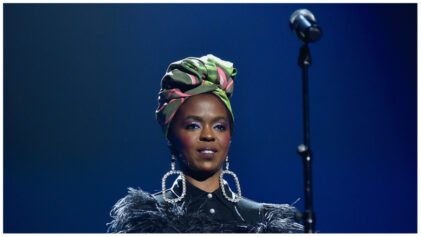Talib Kweli has been writing and performing for almost 20 years now — as a solo act and as half of well-received duos that reached a broad audience — and for much of that time he’s been pinned with a label that’s a relic of a 1990s understanding of hip-hop: “conscious rap.”
The albums he released with as Black Star and with Hi-Tek as Reflection Eternal fall under that umbrella, but over the years the term has become a pejorative, used to describe music with a message but not a beat (or a market). The variety of sounds and collaborators Kweli works with demonstrate a desire to live on the charts and in the dorm room, and his flexibility negates the idea that pop isn’t conscious and conscious isn’t any fun.
In March he spoke with All Things Considered host Audie Cornish about the roles he’s played in the shifting terrain of hip-hop, his relationship to the mainstream, and honoring old-school rap. Hear the radio version at the audio link and read more of their conversation below.
NPR: I want to start with the title of the album, Prisoner of Conscious, because a few years ago that you try and stay away from using the word “conscious” in titles.
Talib Kweli: Yes, I think I remember that.
NPR: You said, “Just like gangster rappers should stay away from the title of ‘gangster.’ ” What were you thinking back then, and how has your thinking changed about this?
Kweli: I might have misspoke slightly. It’s not about not — it was about me being called that and accepting that as a title as if that’s all I am.
NPR: And what did that mean at the time? I mean, when people were called “conscious rapper,” what did that mean?
Kweli: The history of conscious hip-hop is interesting. The best MCs in the world have always — when I first came in the business — always needed to have something conscious, something dealing with the community, something uplifting, something positive. Even if the majority of the content was negative, you had to have that. And that changed over time.
Read more on NPR


